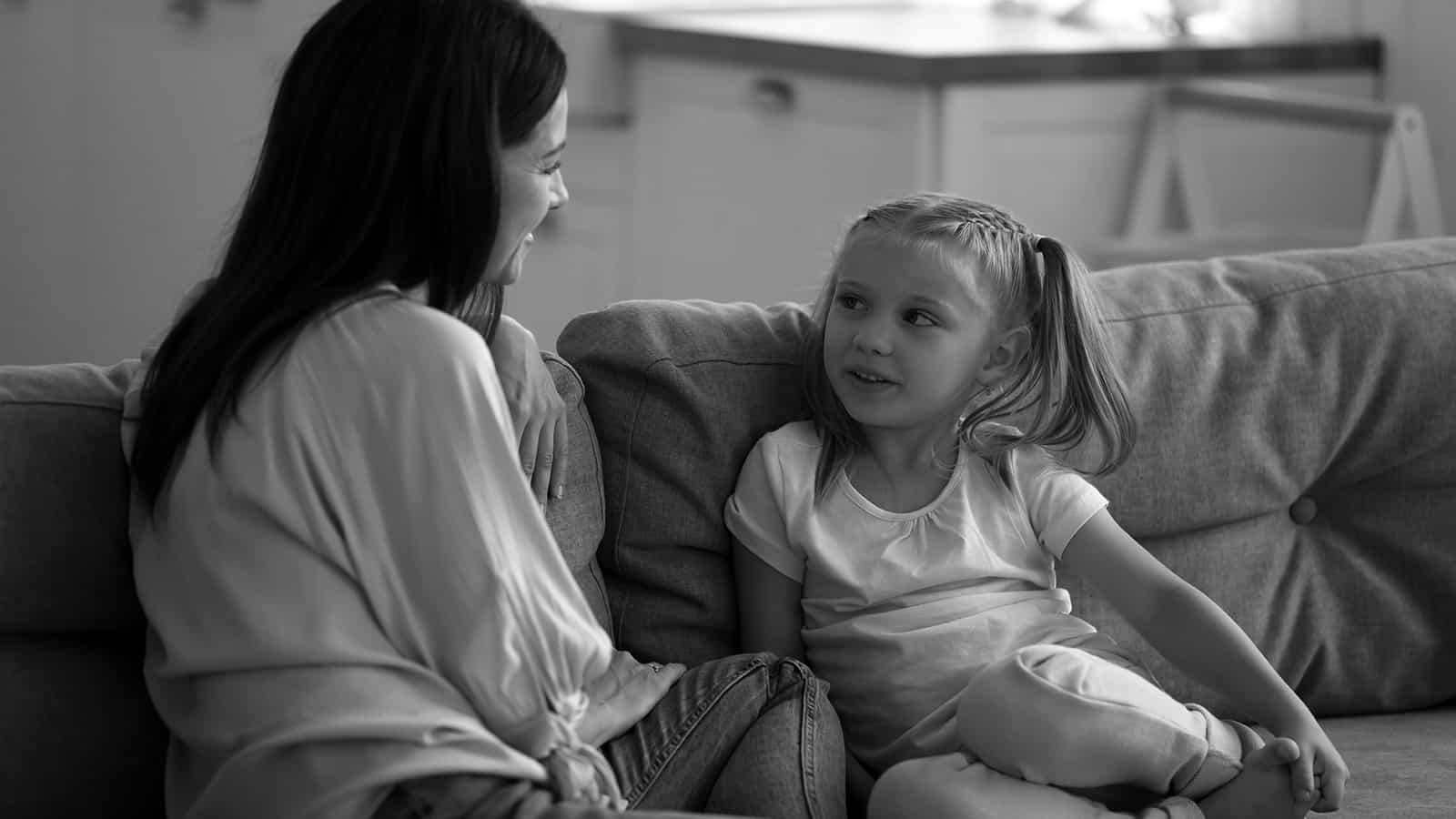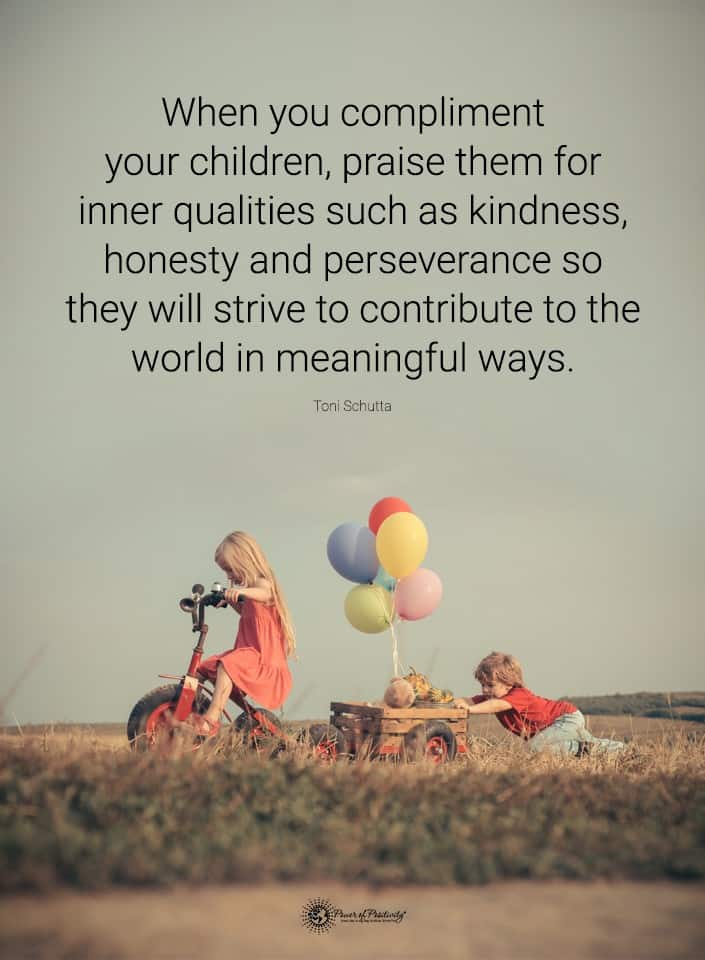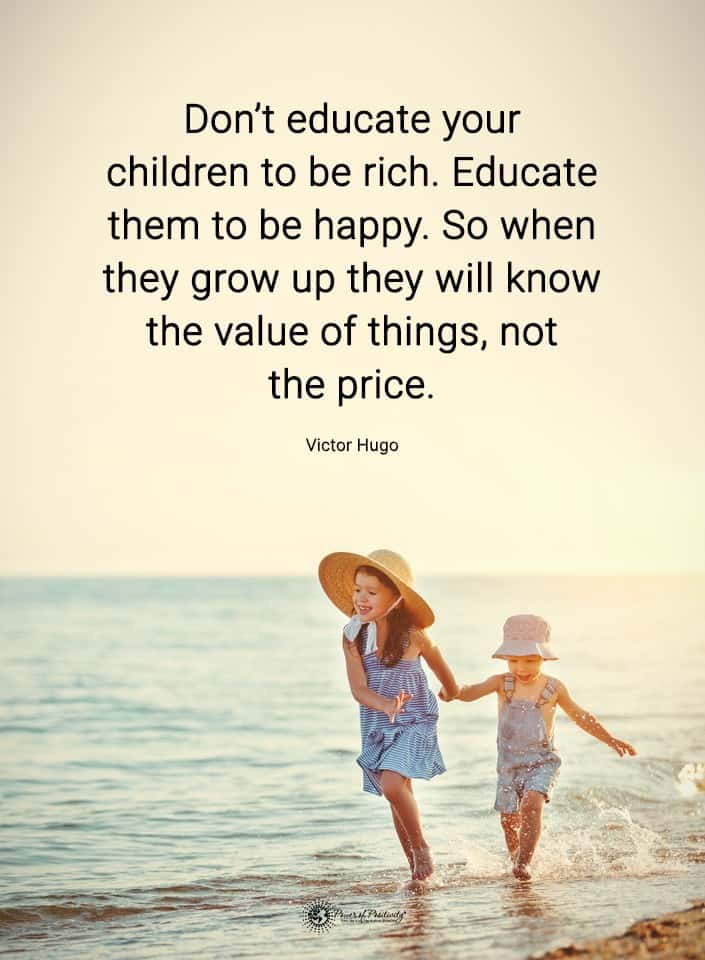The methods to discipline children have evolved over the past two decades. Corporal punishment has been proven to be damaging to a child’s psychological well-being, and many studies have been used to validate this claim further.
One such study occurred at the Punjab University Laboratory School over six months.
The children in this study were divided into two groups. One group of children received corporal punishment, while the other was corrected using positive methods. The children with a more aggressive approach to discipline showed negative signs from their instruction. They didn’t have any desire to learn, and they had more psychological issues than the other students.
It’s easy to see that the old-fashioned philosophies of striking the child have done more harm than good. So, how does one discipline children healthily without hurting their feelings or psychological well-being?
Five Ways to Discipline Children Without Causing Further Pain
You want to be a good parent, and you want your child to grow up well-rounded. You certainly don’t want to be the cause of why they’re sitting on a psychiatrist’s couch crying their eyes out about their childhood when they’re older. It’s your job as a mom or dad to guide them and provide instruction to make wise choices.It seems like a simple task to keep your children in line, but parenting is not for the faint of heart. Did you know that many people who use corporal punishment acts are doing it to vent their frustrations in the actions rather than as an effective form of discipline? To balance this best, parents need to find positive ways to correct their children that don’t have long-term effects.
If your toddler has a temper tantrum and throws toys while screaming, does it make sense for you to yell and spank their bottom as a punishment? Essentially, you’re punishing the behavior by acting similarly. Here are five ways to discipline children without hurting their feelings or causing them more significant pain.
1. Time Out
Time out is an effective punishment that toddlers can use for teens, though the methods will vary. Children love to stay busy, and they don’t want you to interrupt them from their activities. For a toddler, having them sit in a dedicated spot where they can no longer play is the equivalent of torture.
While the action is essential, what you say during this period is even more beneficial. They must know that this is a natural consequence of their actions. You don’t want to call them names, shout, or be aggressive, but keep reminding them that they didn’t listen, so this is the result of their bad choices.
If the child is older, making them have time out in their room to think is advisable. Ensure they don’t have electronics and other devices as this is no pleasure sentence. You want them to pause and separate themselves from others for a short period to allow time to think.
The goal is to make them realize the error of their ways and give them the keys to empower them to make changes.
2. Grounding
Grounding will have little effect on a child until they’re old enough to understand the concept of loss. If you take a toy from a toddler who has 1,000 other toys, it’s not going to have an impact. However, if you take a video game system from a 15-year-old, it will send a powerful message.
Grounding is a consequence they will see as unfavorable, but it’s not psychologically damaging. Remember that if you’ve taken the game system ten times in the past month, it’s clear that this method is not practical for this child. Grounding should be from events and objects but never from things like the family dinner table, game night with their siblings, and other special events.
The goal is to never isolate the child from the family unit, where they draw their strength. You want to keep them engaged to feel isolated from their family, which can hurt their feelings and cause severe damage. No one wants to grow up feeling like an outsider, even if it’s due to their behavior.
3. Having A Heart-to-Heart Conversation
All kids are different, and what works for one will not work for another. If you have a child that needs a distinct look from you, then having a heart-to-heart may be a good form of correction. Sit the child down, look them right in the eye, and tell them why what they did was wrong.
Assume that your son climbed out his window to meet friends at midnight. You found out about it the next day from a neighbor. Your son needs to understand the severity of his actions. He could have been kidnapped, got hurt, got in trouble with the police for being out past curfew, or had many things happen.
Children don’t think about consequences, and they only live for the moment without forethought. Kids with attention deficit hyperactivity disorder are notorious for having poor impulse control, but they’re not the only ones. Your child probably counted on the fact that he wouldn’t get in trouble because he had no intentions of being caught.
They should know how much they hurt you by their actions and how scared you were for their well-being. You must never use words like dumb, stupid, brain dead, loser, moron, or an idiot. These words should be erased from your vocabulary when it comes to discipline, as they cut like a knife and can cause long-term psychological damage.
4. Use the Reward System
One way to look at discipline is to counter bad behavior by honoring good deeds. Star charts and other accomplishment trackers are seen as positive forms of direction. If you lead them in the right way, then you will do less punishing. You can stop them from engaging in destructive behavior by allowing them to see what happens when they do right.
Children under ten years of age love seeing stars by their name, and a goal is accomplished. To be honest, don’t you like getting praise from your boss when you do a good job, and doesn’t it make you want to do even better? It feels good to be praised and told you did good, so one way to discipline children is to use positive reinforcement.
Why focus on all the negative stuff anyway? The reward system makes direction fun, and you get to play the “good cop” by praising and rewarding when they’ve done what is required. Plus, it feels so good to encourage rather than punish, and it can change the whole atmosphere and relationships in your home.
5. Create Diversions and Redirect
Redirection is a technique that is seen as positive. Rather than focusing on punishing the negative actions, why not redirect them into another activity? Assume your little three-year-old daughter won’t stop fighting with your five-year-old son over a toy.
It’s a little flashlight that isn’t that great of a toy anyway, but they are continuously fighting over who has control of it. If you let them argue, they can keep up these actions for long periods. The result may be a temper tantrum, physical violence, and an uncomfortable afternoon for all involved.
However, what if you cut off their wrong actions at the pass? Go over, remove the flashlight, and direct their attention to another activity. When you take the object out of the equation and turn the focus towards something else, then you can avoid all this drama.
Parents are guilty of letting things drag on because you learn to tune things out. If you’re scrolling social media or talking on the phone, you might not catch everything. However, being proactive allows you to create a more harmonious atmosphere in your home.
Final Thoughts on Methods to Discipline Children Without Hurting Them
Think back to your childhood and how you were disciplined. What things would you change, and what did you think was acceptable? Was there anything that hurt you and caused you significant psychological discomfort?
When you discipline children, the goal is to learn from your parents’ mistakes and make wise choices in your child-rearing. Now, that’s easier said than done. It never fails; you will inevitably hear your mother or father coming out of your mouth at some point.
While you can take the good things about your child-rearing to direct your kids, you need to remember that society knows much more now about the long last effects of poor discipline. You don’t want to hurt your children’s feelings, nor do you want to cause them to be aggressive towards your future grandchildren.
If your children grow up in a home where there is name-calling, hitting each other, and mind games are used as forms of punishment, then it’s going to be impossible for them to be well-rounded and not affected. Kids don’t come with a manual, and it would be great if they did. You will find that each child responds differently to correction, and some need more assertive actions than others.

















 Community
Community

